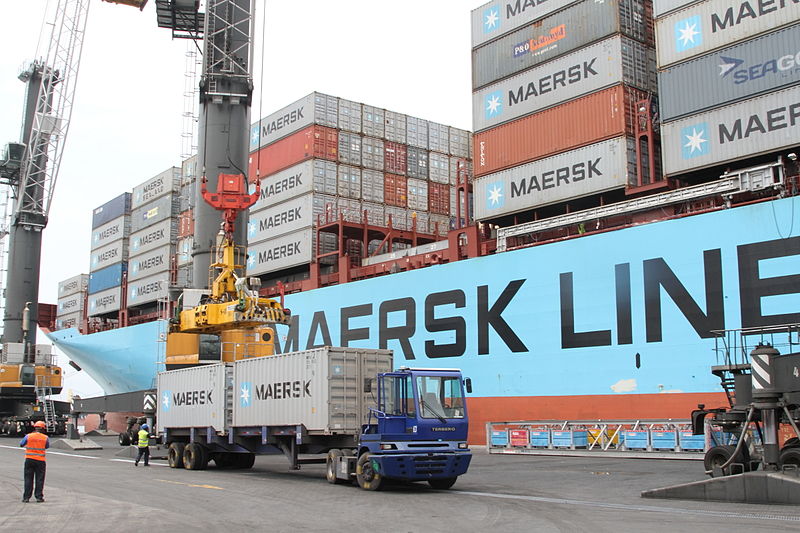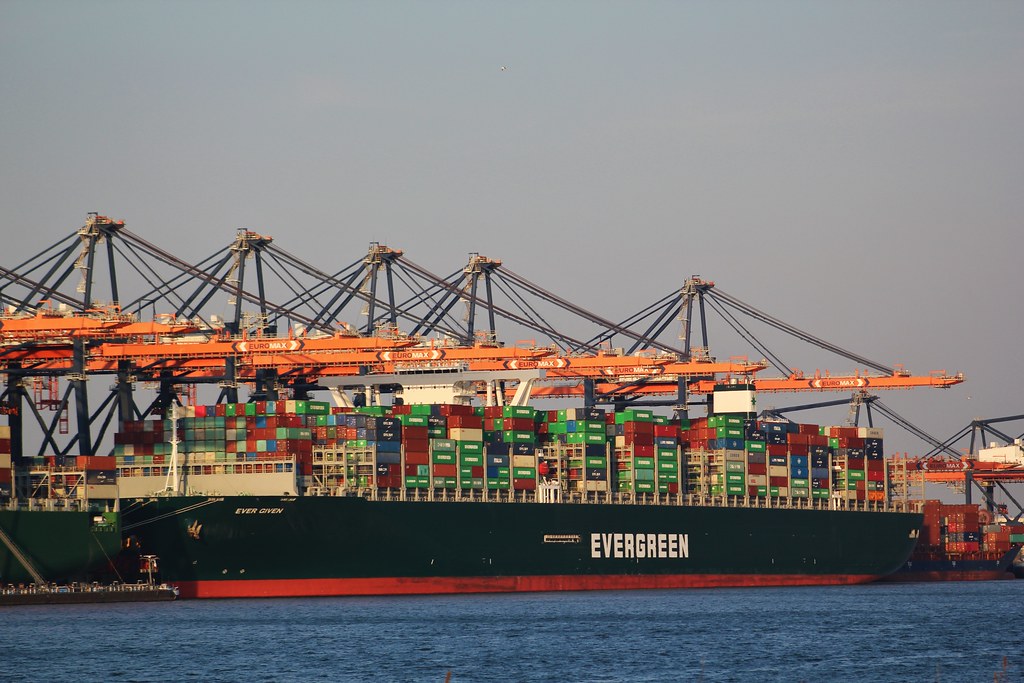Nowadays, one of the biggest problems in the world is pollution. Shipping industry is one of the main contributors in the context of global emissions. This industry has big responsible for increasing this pollution problem. As a result of researches, in this sector, which causes 3 percent of global greenhouse gas emissions, uncover a major problem about our future. This underlines the problem which will arise dramatically. According to the International Maritime Organization (IMO), If there is no mitigation action, maritime emissions will grow and affect influentially all life between 50 and 250 percent by 2050.
Shipping industry needs to 82 per cent of heavy fuel oil. This rate draws dramatic signs for future. United Nations, IMO and many big unites and organizations started to take action in order to reduce carbon emissions. On this way, decarbonizing global shipping will be active and crucial role in accessing climate objectives which was pointed in the International Renewable Energy Agency (IRENA). Other outcome of this report in IRENA is that route to renewable future explores the effect of maritime shipping on CO2 emissions. Shipping industry need to find solution in order to decline dramatic rate of carbon emissions. IRENA’s Director General Francesco La Camera said clearly in Global Maritime Forum’s Annual Summit in Singapore like that shipping industry has recognized and accepted the emergency needs to address decarbonisaton choices. This summit shows that industries are aware of critical problem and willingness to exchange ideas from using carbon and fuel oils to low-carbon pathways. Also this situation will create increasingly competitive area which base on the cost of renewables falls.
The International Chamber of Shipping and the World Shipping Council convened for Paris Agreement’s climate exchange goals in 2015. According to Council rapid decarbonization is crucial and it carries a vital meaning. When came in 2018, countries made a compromise on the CO2 reduction goals for shipping. The aim of International Maritime Organization was reduction of greenhouse gas emissions in the industry by 50% from 2008 levels by 2050. This goal includes using cleaner fuels like hydrogen, fuel cells and batteries etc. IMO have explained goal that requires a carbon efficiency improvement of up to 90% in 2050. Following speech that is unrelative with a continued long-term use of fossil fuels by shipping industry. In this context, there is big question that how should we cut shipping emissions ? That’s the point must ask it with this question : What could they use in the sector? IMO’s meeting aims reducing carbon emissions in which case reduction goals will require provisions of new zero-carbon technology such as green hydrogen, ammonia, synthetic fuels system for renewable energy. sources. On the other hand, there aren’t suitable large commercial ships which engaged in transoceanic voyages and they need to use fossil fuels. Under these reasons, maritime industry needs to search new resources which provide to push funding to get renewable energy and up it.
There is a proposal to establish an International Maritime and Development Board (IMBD) which is a non-governmental organization (NGO) in which IMO member states will be observer. NGO will work that IMBD would be financed by shipping industries on the world and mandatory rule will be contribution $2 of marine fuel purchased for consumption. With this way, shipping companies would generate $5 billion in main funding more or less in 10 years. In all of aims and renewable models would need to integrate life. Also the funding will be used to make zero-carbon ships before 2030s. With the R&D program which has some amendments to provide IMO Convention for the Prevention of Pollution because of ships and used oil. Recently, shipping industries will discuss on all proposals about sectoral by governments in London in March 2020.







